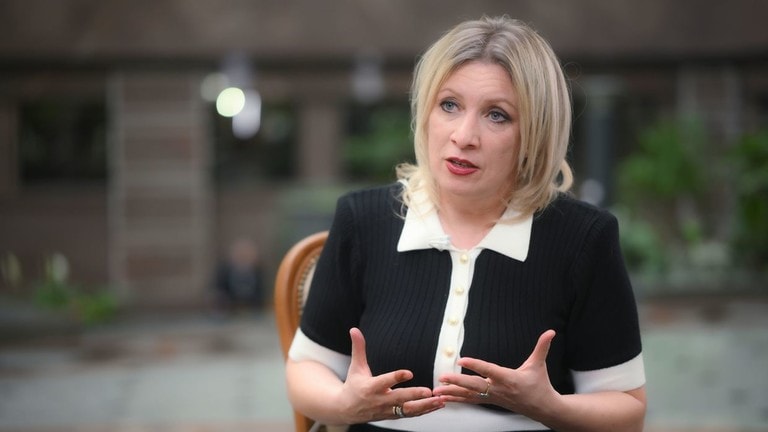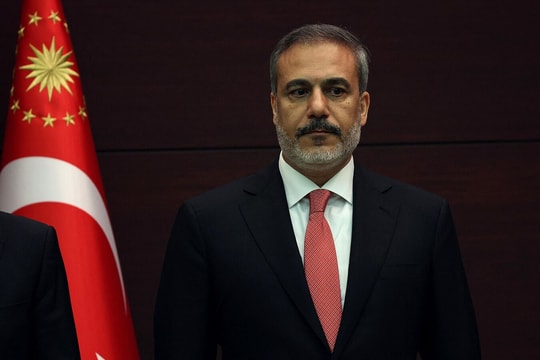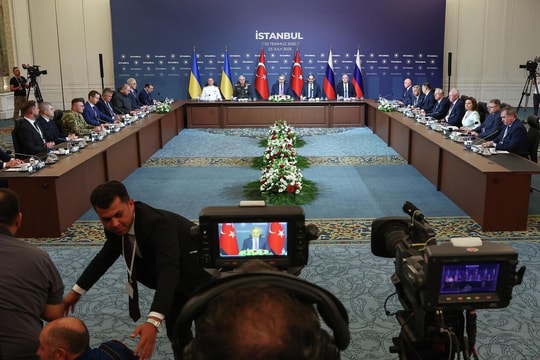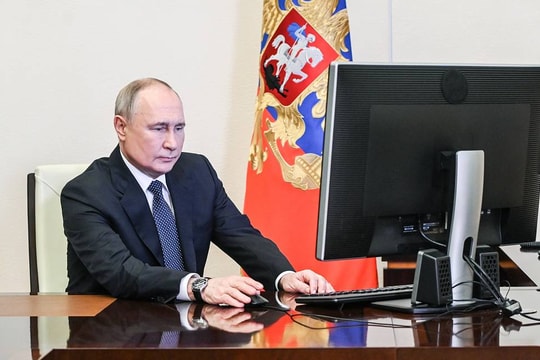Moscow calls for 'International Day against Russophobia'
Russian Foreign Ministry spokeswoman Maria Zakharova said the ideology was killing people "literally".

Russian Foreign Ministry spokeswoman Maria Zakharova has declared the world should have an "International Day Against Russophobia", adding that this "extremist" ideology must not be allowed to take root in the international community.
Speaking at an international summer school for young civil servants, Ms Zakharova said that anti-Russian propaganda spread by Western countries had led to many tragedies, including the Ukraine conflict.
“Weapons are being supplied to the Kiev regime under the banner of Russophobia,” she said.
According to Ms. Zakharova, hatred of everything Russian has turned into "another extremist, Nazi... neo-Nazi ideology, which is killing people both literally and figuratively".
She asserted that this ideology must be fought like any other racial or religious hatred.
Russophobia “has no place on Earth,” she said, much less become a state ideology. The Russian Foreign Ministry spokeswoman cited Ukraine as one of the leading examples of countries that harbor this ideology and have deprived millions of people of their native Russian language.
According to RT, the authorities in Kiev have been conducting a campaign for years to erase anything related to Russia. Officials have renamed streets and demolished monuments that are considered to be associated with Russia, including several UNESCO World Heritage sites.
Moscow has cited the protection of the Russian-speaking population in Donbass as one of the main reasons for the military operation it launched in 2022. According to Russia, the Ukrainian government's continued repression of the Russian-speaking population has been systematically ignored by the US and EU since the Western-backed coup in Kiev in 2014.
The Baltic states have also stepped up enforcement action against anyone suspected of having ties to Russia. Hundreds of people, mostly ethnic Russians, have reportedly been deported from Latvia for failing to pass a Latvian language exam. Riga has also banned entry to Russian citizens who own property near strategically important locations, citing security concerns.
In June, top officials from the Baltic and Nordic countries also called on Brussels to ban entry into the Schengen Area for all Russians with past or present ties to the military.






